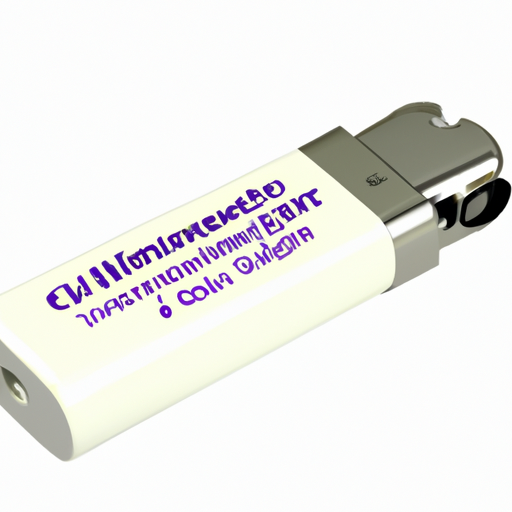Application Development in Non-Rechargeable (Primary) Batteries for P-100C/A06: Key Technologies and Success Stories
Developing applications for non-rechargeable (primary) batteries, such as the P-100C/A06, requires a deep understanding of the technologies that enhance their performance and reliability. This overview highlights key technologies and successful use cases in this domain.
Key Technologies
| 1. Battery Chemistry | |
| 2. Energy Density | |
| 3. Self-Discharge Rate | |
| 4. Temperature Performance | |
| 5. Form Factor and Packaging | |
| 6. Smart Battery Management | |
| 1. Consumer Electronics | |
| 2. Medical Devices | |
| 3. Industrial Applications | |
| 4. Emergency and Safety Equipment | |
| 5. Automotive Applications |
Success Stories
Conclusion
The development of applications for non-rechargeable batteries like the P-100C/A06 is driven by advancements in battery chemistry, energy density, and self-discharge rates. Successful applications span various industries, including consumer electronics, medical devices, industrial sensors, and safety equipment. As technology continues to evolve, the role of primary batteries will remain significant, particularly in applications where reliability and long-term performance are paramount. The ongoing innovation in battery technologies will likely lead to even more diverse and effective applications in the future.













